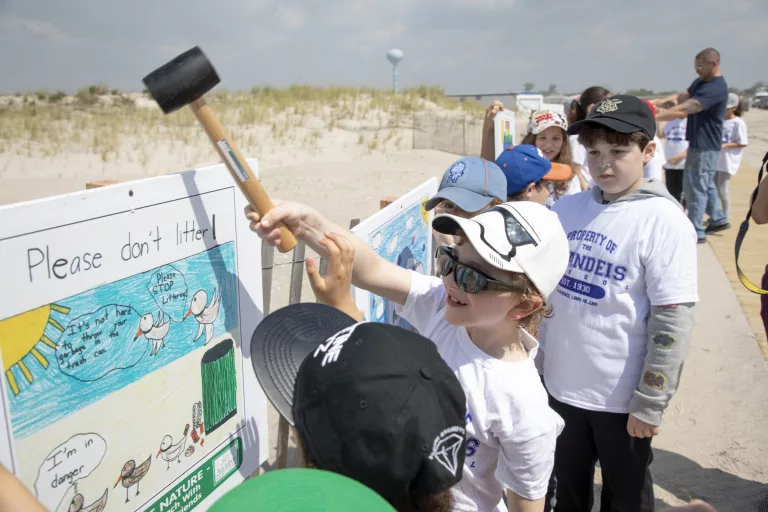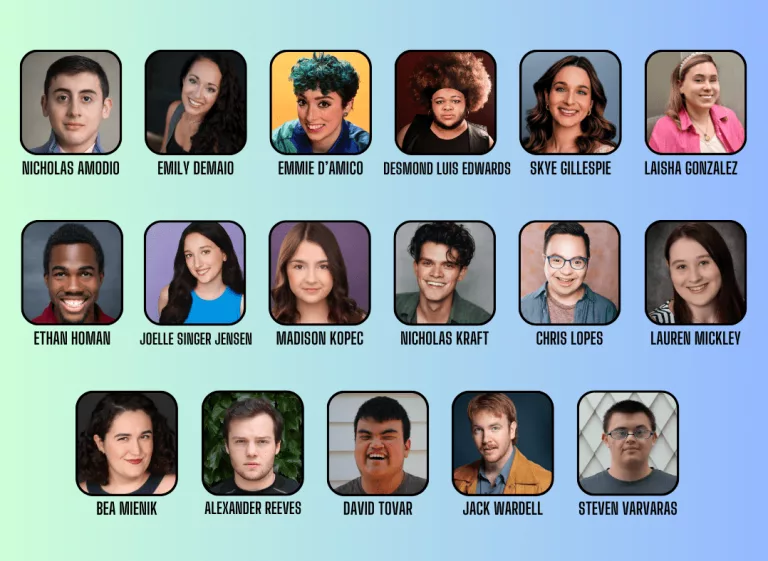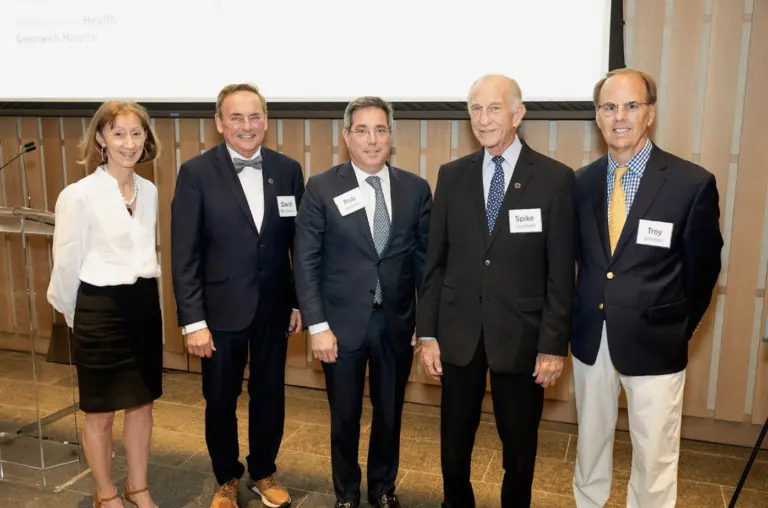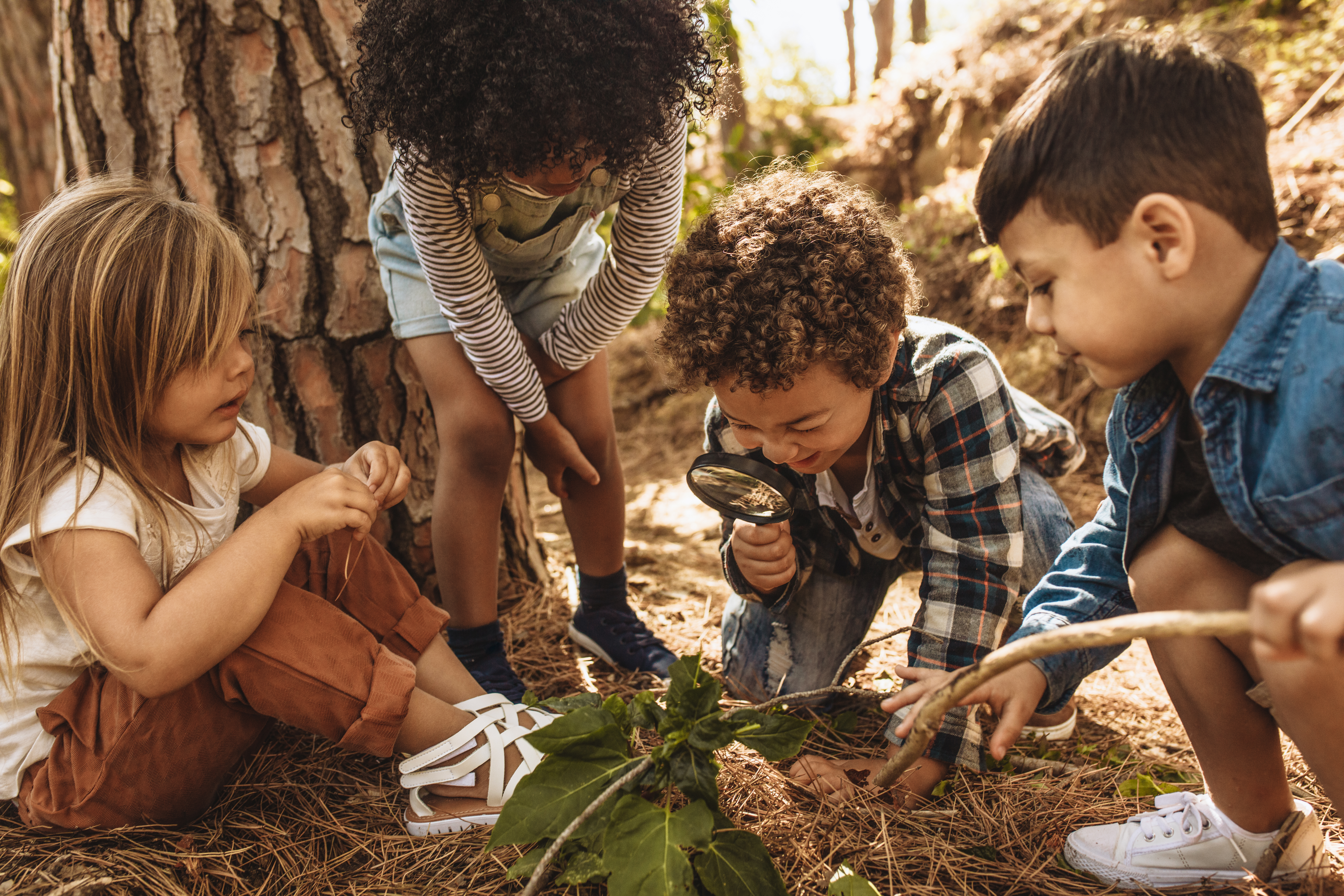
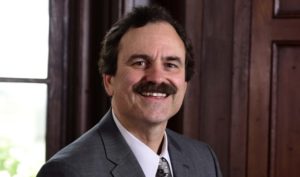
By: Clay Kaufman
I attended a well-respected public school in Westchester County, and had history teachers I really liked. I learned quite a bit of historical information, and went on to study history (among other things) in college. However, my eyes were opened to new possibilities in a seminar that wasn’t just about the events of history, but about the nuances of how history affects people. When I finished college and became a teacher, I found that my students also craved a more personal sense of history—how individuals experience history and what insights primary sources give us. Students of course need context for those primary sources, but I am convinced that schools typically spend too much time on facts and not enough time on the aspects of history that inspire students’ love of learning. In my career as a teacher and administrator, I have found that depth, rather than breadth, engages students in ways that lead them to want to learn more. I am a full convert!
As an administrator at a private school, I have always taught at least one class a year, which has been a great pleasure. Years ago, I created a US History class that focused on the twentieth century, which allowed us to dive deeply into time periods, and created space for me to bring in regular guest speakers, something I found transformative for the students. I remember reaching out to a Vietnam Veterans group, asking for someone who could talk about their experience in the war. A wonderful veteran named Bill said he would be happy to come out and spend a few hours with my students, and would like to bring along his friend, an airman, and his other friend, a nurse. They ended up coming to visit every year for 12 years—long after I had turned over the course to another teacher, and I always sat in on their visit. The students were captivated as Bill talked about trying to defend his base during an evening attack; they were fascinated to hear his friend talk about how different the war was for pilots; and they were brought to tears hearing the nurse describe how very young men sometimes died in her arms. I also brought in another guest speaker who talked about being at Woodstock for that famous concert, and being arrested for protesting the war. These very personal experiences—and indeed the conflicting views of the war—fascinated the students and led them to ask dozens of questions, sparking their curiosity.
A few years ago, when the movie “The Green Book” came out, I read an article in the newspaper that included an interview with a local African-American woman whose family lived in Michigan and visited relatives in Mississippi every summer. As a 9-year-old in the 1960’s, her job was to use the Green Book to help her parents find places, during this time of segregation, where they could get gas, eat and find overnight accommodations. I reached out to her, and she came to my school, speaking to the students in very personal terms about her experience. Again, this personal interaction sparked so many questions from the students.
In the New York Times Book Review, I often read about memoirs in which the author has interviewed a family member about family history or about his or her memories of an historical moment. Sometimes I read reviews of memoirs in which the author wished she had spoken to a grandparent or other relative when she had the chance. As I look back myself, I can certainly think of relatives whose stories I wish I knew better. I’ve invited several of my own family members to speak to my students about growing up in the Great Depression and WWII—and heard stories about my family I never knew. Maybe that’s why I repeat so many family stories to my own three children (occasionally to the response: “We’ve heard that one before, Dad!”). William Faulkner once famously wrote “The past is never dead. It’s not even past” (in the novel, Requiem for a Nun). I’m convinced more than ever that what makes the past interesting, relevant and important is the stories of those who experienced it first-hand. In fact, tonight I’m going to call my aunt and ask her for more of her stories.


